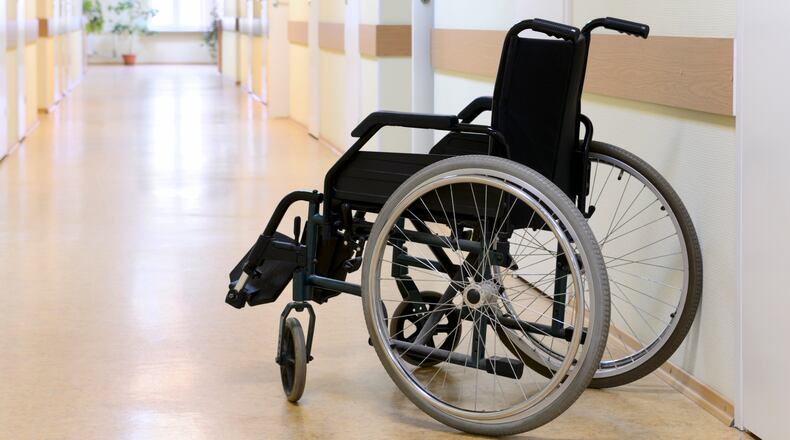Four nonprofit organizations are suing two state health departments, alleging that caregivers have been denied compensation for providing services to disabled Georgians.
The United Cerebral Palsy of Georgia and Coastal Center for Developmental Services, along with two other groups, filed the lawsuit on March 30 against the Georgia Department of Community Health and Georgia Department of Behavioral Health and Development Disabilities.
The lawsuit claims the departments did not grant caregivers the money they should have received for caring for patients even though the caregivers were still obligated to provide the services.
Because of this, the healthcare provider organizations were forced to subsidize caregivers’ payments, the suit claims.
The suit also names DBHDD Commissioner Judy Fitzgerald and DCH Commissioner Frank W. Berry as defendants.
When caregivers were shorted of their full pay, both state departments failed to notify Medicaid patients that the money, which covers services provided by their caregivers, was not coming. As a result, the lawsuit said, many disabled people were threatened with the possibility that they could no longer cover the costs of their care.
Both departments declined to comment on the pending litigation.
In 2013, the four providers sued both state health departments in Fulton Superior court. That lawsuit was ultimately dismissed because the providers did not file petitions or appeals with the departments.
Following the dismissal, each provider pursued “administrative remedies” by filing multiple petitions. Because the departments did not address any of the petitions and refused to give the providers hearings, Taylor says they are back in the Fulton County Superior Court with this new lawsuit.
READ | Georgia Nursing Board in tense fight to control its investigators
Eric Jon Taylor, the lead lawyer for the four providers, said the issue started with Medicaid. State departments, such as Community and Behavioral health, control how the federal money reaches Medicaid recipients.
Taking away those payments, Taylor said, violates the constitution.
In 2008, the state Behavioral Health department began setting individual rates for specific services for disabled Medicaid members using an unapproved and unspecified system, said the lawsuit. This meant that each disabled Georgian receiving care from a provider could be charged different rates, even if they were receiving the exact same services.
While this explicitly went against contracts and waivers by which the department was obligated to comply, the lawsuit said it was able to operate this way by “secretly” changing set rates.
This lawsuit maintained that this was unconstitutional as the department secretly decreased the funding allocated to disabled Georgians and simultaneously placed a monthly billing cap on how much caregivers were paid. Because of this, caregivers were forced to provide their clients the same services for free and without any reimbursements from the department.
READ | State will help cover workers' extra costs in Piedmont-Blue Cross spat
“If any of these services are denied or reduced, the Defendants must give notice, so our disabled brothers and sisters can be protected by their caregivers. But for years, the Defendants denied and reduced these services in secret,” the lawsuit said.
The organizations filed the lawsuit seeking monetary damages, restitution and declaratory relief from the state departments. Taylor estimates that tens of millions of dollars have been taken from just the four agencies he represents.
“For every one dollar Georgia spends, the federal government spends two. So, if a disabled client does not get that one dollar, they are actually losing out on three dollars,” Taylor said.
Read more health news at AJC.com
In other health news:
About the Author
Keep Reading
The Latest
Featured


